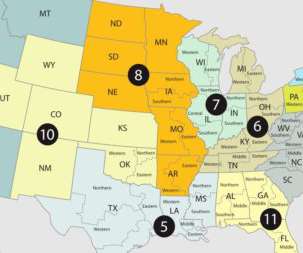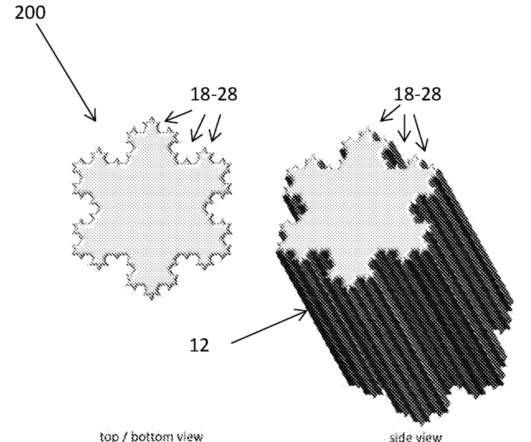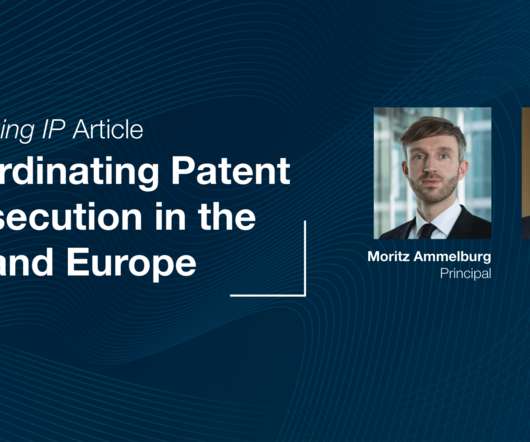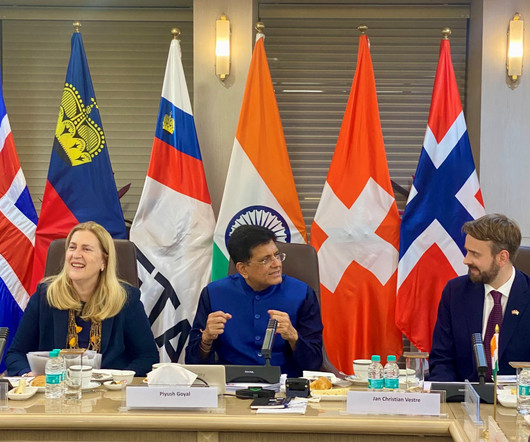Evergreening of Patents
Kashishipr
OCTOBER 20, 2021
In 2002, the Federal Trade Commission, after an extensive inquiry, found out that over 75% of applications by generic pharmaceutical manufacturers were in some way or other involved in litigation initiated by the original patent holders. India changed its Patents Laws in 2005 to comply with the TRIPS Agreement.












Let's personalize your content